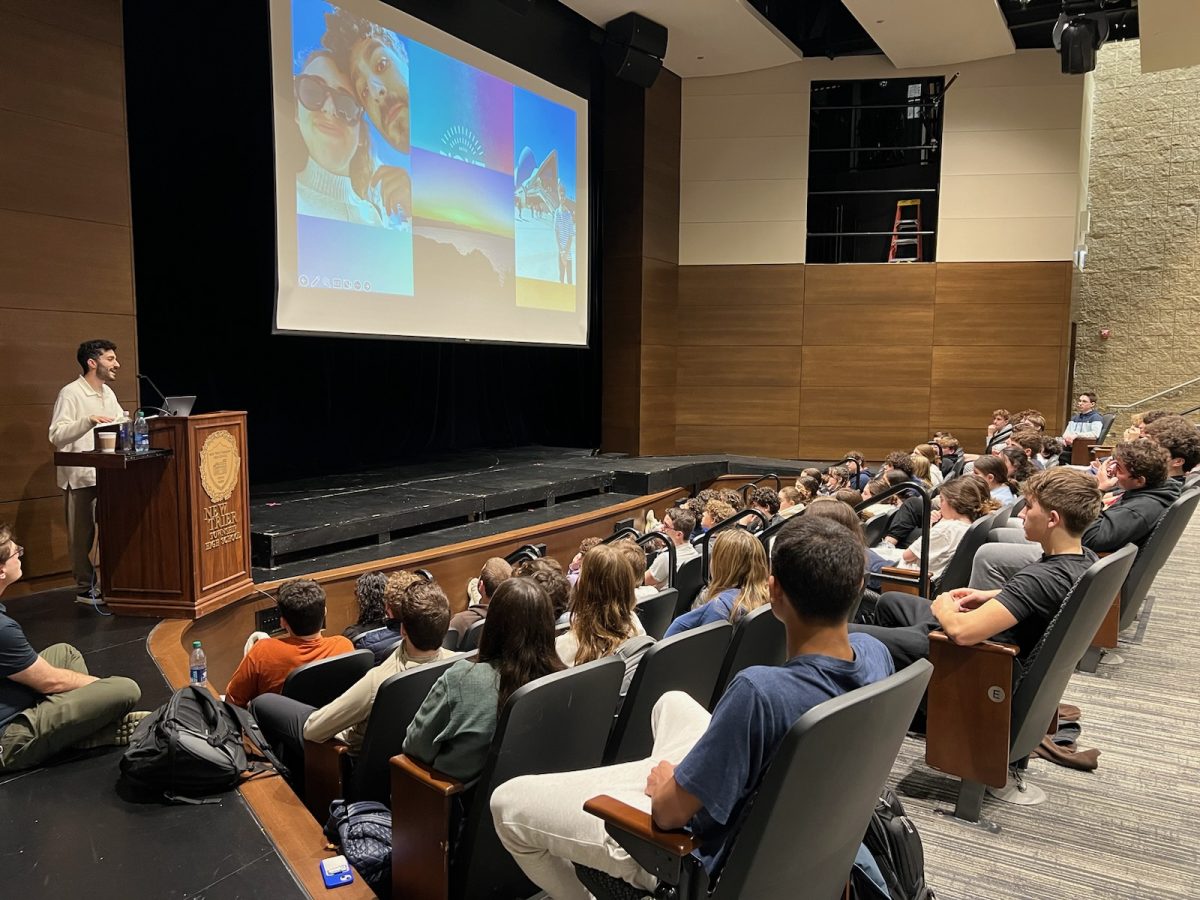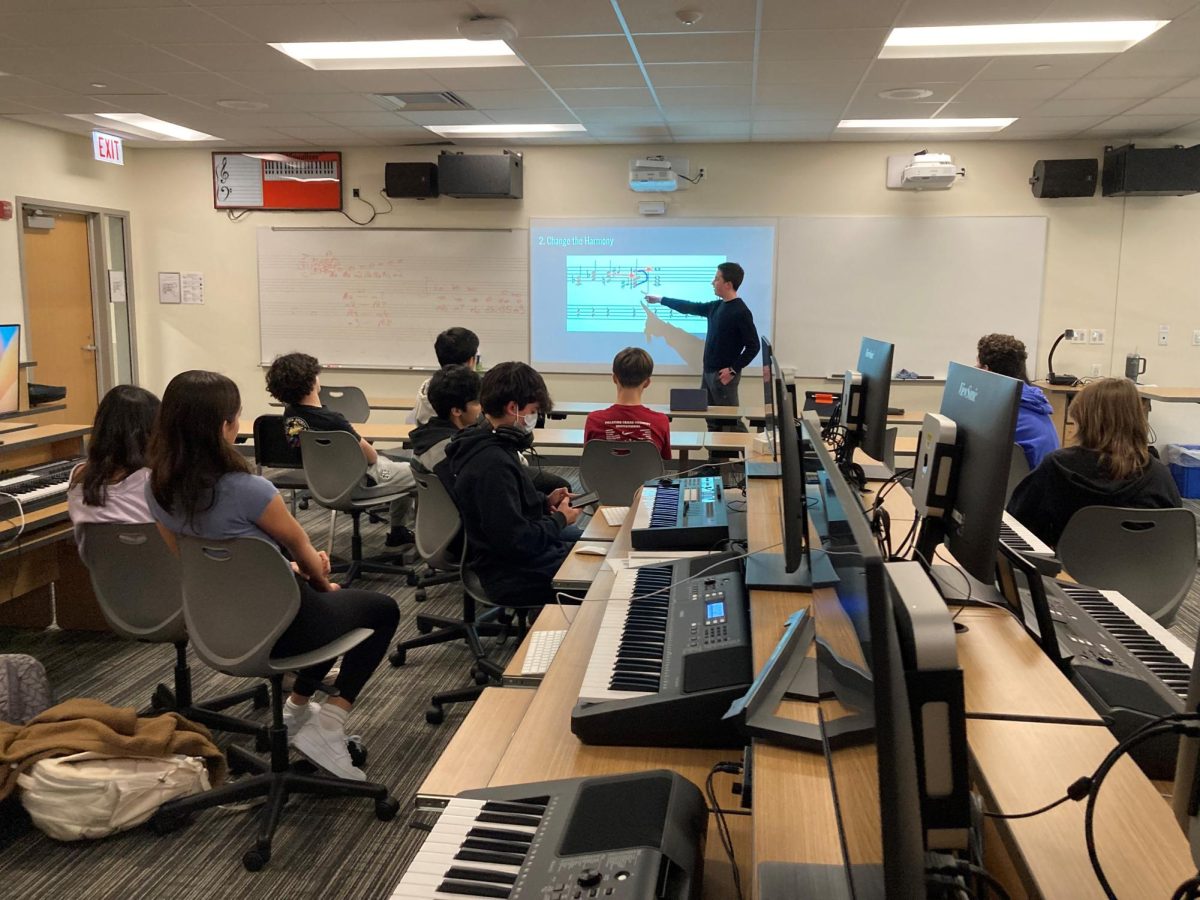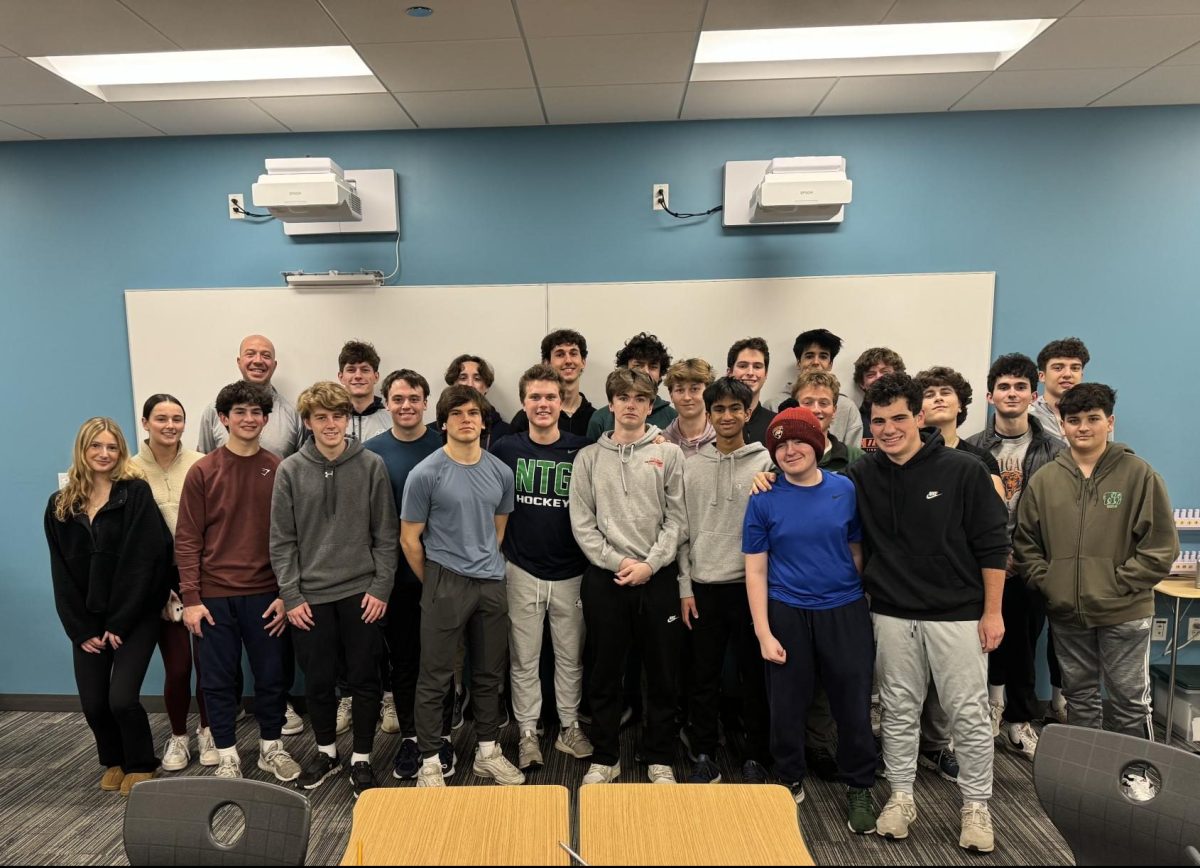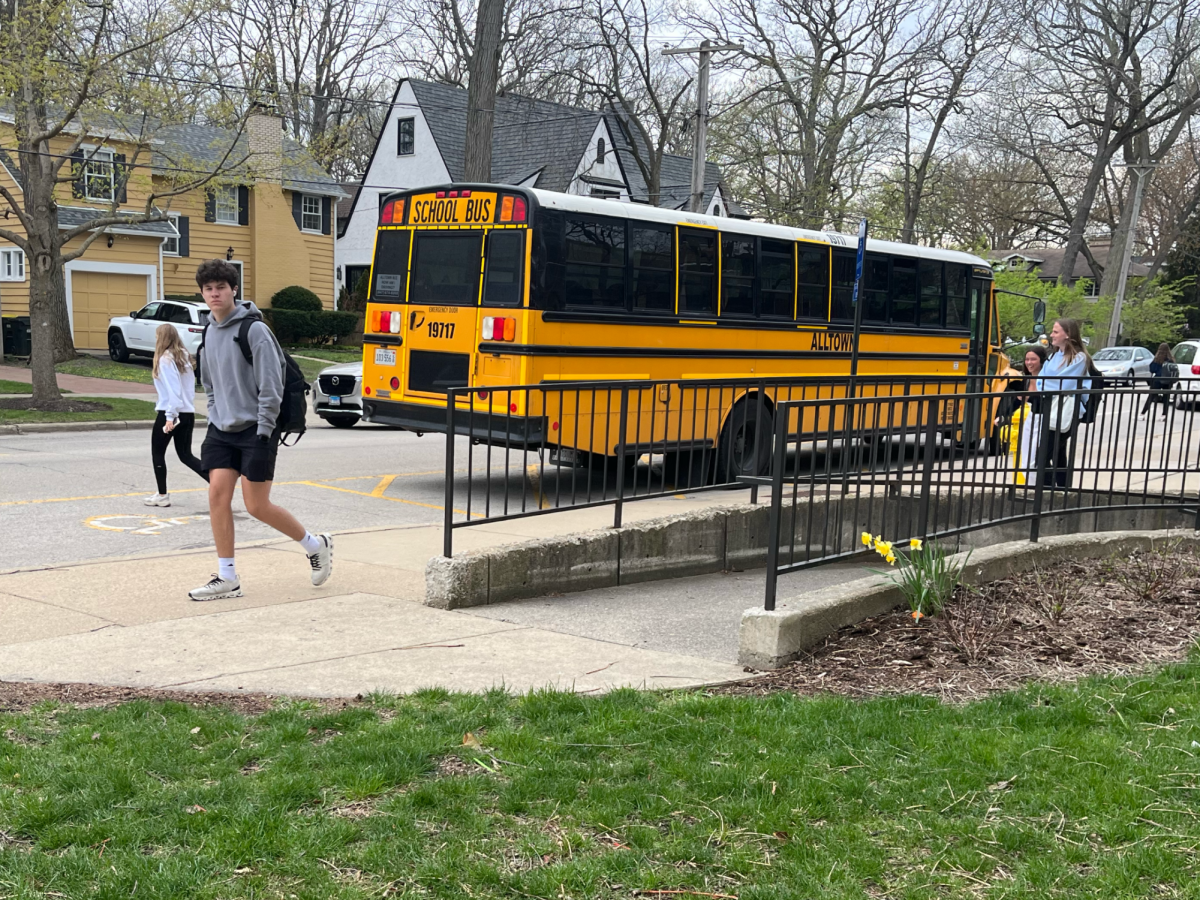At New Trier, students are connected through multiple websites, most of which involve chatting. Particularly on websites like Facebook and Formspring, it’s easy for people to post hurtful comments without having to confront the victim face to face. Social Work Intern Alyssa Pawola has dealt with the issue of cyber bullying and has seen students hurt by “words or comments that people put on pictures or walls.”
Her biggest concern about cyber bullying is that the hurtful comments stay with people not just when they’re online, but at school and wherever they go. “When we come back to school, we’re face to face with the people who perpetrated,” she said.
“Cyber bullying gives the person who was bullied anxiety about going back on that website, and even more anxiety to go back to school and possibly see the person who bullied them,” said junior Emily DeLarm.
According to Todd Maxman, Junior Boys’ Advisor Chair, cyber bullying can also be a result of miscommunication between the victim and the perpetrator. An example, he stated, is when “somebody’s crossed a line, and flirtatious behavior is not being reciprocated by one of the parties.”
He added that often times people don’t understand their boundaries, “people are being mean when they think they’re joking.” According to Maxman, Facebook is one of the more harmful websites. Unlike younger grades that use more obvious hurtful sites like Formspring and Honesty Box, he said the cyber bullying is becoming “more sophisticated and subtle.”
Since people use the internet frequently, students view cyber bullying as a way of bullying, but with less confrontation since it’s through the internet. “It doesn’t happen in person, so the bully may say or do things that they wouldn’t do in person,” stated DeLarm.
“Even though you are not saying it in person, it can really hurt someone,” stated junior Danielle Fraser. “Teenagers these days don’t realize how mean they are being by posting an embarrassing photo or spreading rumors all over their wall.”
According to bullyingstatistics.org, statistics from the iSAFE foundation showed that over 25% of adolescents have been bullied repeatedly through their cell phones or the internet. The Cyber Bullying Research Center found in a survey that about half of young people have experienced some form of cyber bullying, and 10 to 20 % experience it regularly.
Fraser added that she finds it “horrible that people don’t think it’s a big deal to send threats to someone who is different from them.” It may not seem to be a big deal to the perpetrator, but the victim often experiences consequences of low self-esteem.
According to stopbullying.gov, kids who are cyber bullied are more likely to use alcohol and drugs, skip school, experience in-person bullying, be unwilling to attend school, receive poor grades, have lower self-esteem, and have more health problems.
An important way to stop cyber bullying is educating kids on how to stop it. The Hartford County Examiner stated that only 1 in 10 teens will tell their parents if they are being cyber bullied.
Maxman also recognized that students often keep quiet about the cyber bullying they endure. “Kids aren’t telling their parents. People write it off as online stuff and it’s got to wear on kids to hear those things.” He added “a lot of things are public and out there.” However, he mentioned that he also sees kids being more careful by using private chats.
To decrease bullying, Pawola recommends “come talk to someone about it. Whoever they feel comfortable with.”
Maxman recommends telling a trusted friend or parent and to “trust your instincts.” The victims need to stop “having too much hesitance,” he said. An important aspect for him is not to worry about the bully’s consequences. “Don’t own somebody else’s behavior. They’ll have their own consequences,” he added.
Once the problem is acknowledged, the victim can get help from multiple sources to stop the bullying. “We want to help counsel, educate, and stop the behavior,” Maxman stated. “We always do this with the permission of the victim, and have them take the lead to see how to proceed,” he added. He also said that instances where the bullying continues and parent phone calls are needed are very rare.
Staff members, parents, and friends can help students combat cyber bullying, so students can avoid receiving a nasty email or a threatening Facebook message. Online bullying can be stopped before it gets out of hand.
“No one likes being harassed, and I don’t think it’s fair to make someone else feel weak even if it’s through email or Facebook,” said Fraser. “People have no idea how much of an effect their words have.”




































